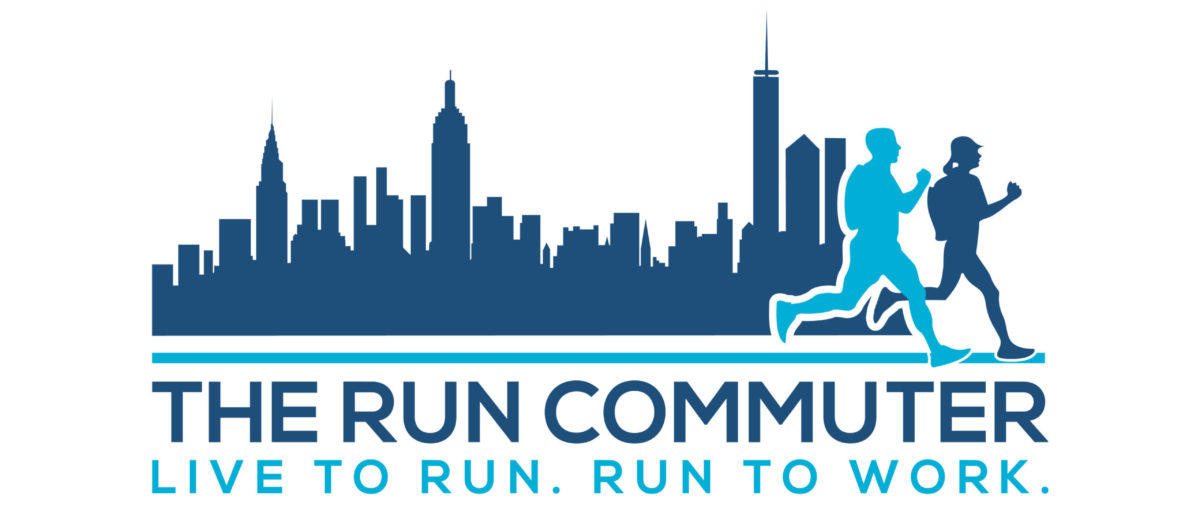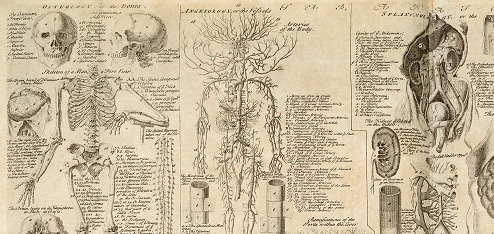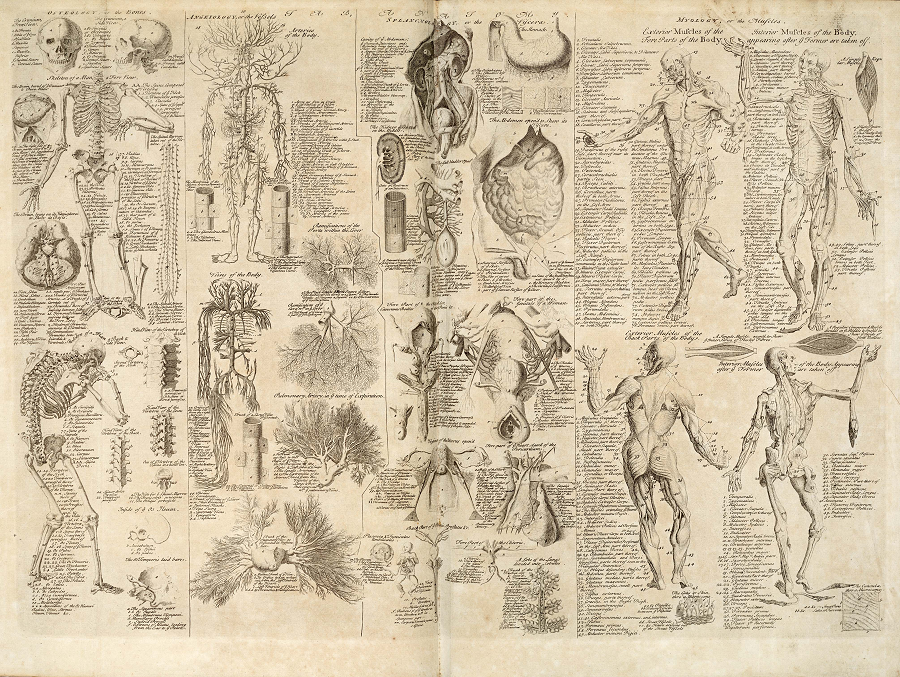I have achieved fame as a run commuter. The simple act of traveling to work by a means almost all are capable of but few consider trying makes people take notice. However, I also am on hiatus due to health challenges. That is a function of hubris. I am determined to come back. I will not retire as a run commuter until I am rendered physically incapable of undertaking the pursuit. Please allow me to share the story.
A student where I teach wrote an article about our adventure on a Friday morning in San Francisco. He joined my run commute. We actually walked for the greater part of the route, as he duly reported. He had been commissioned for a magazine theme issue on how to address stress in law school. I was flattered by the profile. He approached me with the earnest outlook that I regret we seem to destroy most effectively through the rituals of Socratic dialogue. I attribute his attitude to walking. You cannot be disillusioned while walking. Cynicism is cured by a walk. You can be mad and stomp around. But, you are eased into a better state by a good ramble on a trail in the wild or trek on city sidewalks.
It wasn’t the first time this habit had been mentioned by the press. But, given the anxiety about law school and the animus toward deans of the institutions (which I once was), the earlier entries of media coverage might be forgiven the snarkiness of our era. The authors seemed to regard walking — with students! — as a ploy, like the scam they had deemed the JD degree to be. Perhaps an invitation to walk together will be suspected of an ulterior motive, since our effort to engage with other people meaningfully has been wrecked by swipe left-swipe right encounters and the prompts to connect to “friends” with whom we enjoy a commercial relationship at best. I associate walking, however, with conversations that are genuine, an exchange between equals, side by side, since you do not talk easily if one is ahead, another behind.
Run commuting is not about garnering publicity of course. I decided to turn myself into a run commuter because it is intrinsically good. Then I continued because I discovered it is fun. By good, I mean I had a belief, in a culture that scorns any sincere feeling, that it would be morally worthwhile — without aggrandizing, it is in daily details that we establish our true character. By fun, I do not mean a moment of exhilaration as when riding a roller coaster, but the sustained contentment of the body after the heart has been pumping vigorously, which calms the mind and ultimately the spirit.
What is remarkable is that moving along on your own two feet has become remarkable. Time was, for our ancestors, it would have been normal to hike to a dinner party, stroll with a colleague on the boulevard, or put in 10,000 steps doing chores around the farm without the confirmation of any fitness tracker. Our forebears would have journeyed to the market alongside an ox pulling a cart laden with the fruits of their labors. The pace of life, and even consciousness of the lands beyond the immediate neighborhood, would be set by the measure of the distance that could be covered on human power, or maybe horseback. To await the illumination of a full moon to light the path would be literally natural.
Yet for us, driving alone in motor vehicles and soon to be driven by automatons guided by algorithms that account for the dilemma of the fat man run over by the trolley car, the notion of run commuting verges on preposterous. I have made it integral to my life. Among the most important decisions I have made, ranking with choice of spouse, is to live near work. Without judging those who have consigned themselves to a three hour round trip door to door to find a suitable home and make a living, I have concluded that I do not need a suburban mansion. Contemporary Americans reside in single-family dwellings that are twice the size, on average, as those our grandparents accepted as comfortable enough, and that exceed the expectations of our peers around the world. Where our home is, and who our partner is, are related too, in a cause and effect cycle. Until technology assisted dating, the factor that best predicted whom we would romance was their proximity; then, in settling down, a couple would negotiate about where to do so, and the community would define their own identities. We traverse more miles than any but explorers would have dared. That means there is all that much more space between us to separate souls.
All that philosophy is fine, but I have experienced a practical setback. I deserve it. I had become too confident of my abilities, that I was exercising as I had done never before in fifty years, logging 75-mile weeks with the splits improving, even entering back to back half marathons and finishing without injury. I now am ill. I probably am able to cope better, for all that exertion, without which my former self would have been laid low without as much hope.
What has happened has been gruesome. I developed sores all over my body, open wounds the likes of which provoked even my primary care physician to make a face and exclaim out loud. In addition to the blood which stained the front and back of my t-shirt every morning, soaking through the pajama top, threatening to ruin my wife’s sheets (hers, not mine nor ours, in this context), such that she insisted we lay a towel beneath to protect the mattress, my scalp exuded a waxy paste that dried into a purulent crust of blazing pain. As these decorations spread over the territory of defenseless flesh, I was diagnosed with, successively, spider bites, an allergic reaction, severe eczema, and a staph infection. I was prescribed pills and creams, to which I added experiments in whatever the pharmacy had on its shelves, ointments with honey, silver, tar, and proprietary formulas promising relief. I affixed bandages of every brand and type, increasing size, over the stigmata that would not progress to scabs, but which shone to any observer as symbols of my rot.
The proper diagnosis was a relief. It is the prerequisite to recovery. The clue was the blistering in the mouth. I was starting to sound a bit drunk when I spoke, as I sought to avoid agitating the flaps hanging from my cheeks or loose inside my lips and tried to ignore the hard white nodules that had formed a line under my tongue.
My wife’s alarm compelled me to visit the doctor’s office on an urgent call; I should have acted sooner, and it could have been an emergency. The junior dermatologist took photographs with her smartphone, to send to her senior colleague, who telephoned immediately from his Latin American vacation. He informed me this was pemphigus vulgaris, a rare, serious autoimmune condition, among the most severe conditions a specialist such as he would treat, equivalent to cancer. I was to start a course of oral steroids at the maximum dosage that could be administered safely. A biopsy would ordered for confirmation.
The tests proved it. I had joined an exclusive club of suffering. Thanks to modern medicine, the ailment is no longer guaranteed fatal — according to reliable sources, it killed off approximately 75 percent of its victims within two years, in spectacular fashion the details of which should be spared any not already familiar. It remains what kids would deem a BFD. The doctor issued me a letter stating I had a “life threatening” problem, ordering me to cancel my planned trips, and while I was grateful his verification meant full refunds from the airline the plain language sent me the message as well.
My doctor has great bedside manner; he established rapport, which made him reassuring. I looked him in the eye and asked the question: “Am I going to die from this?” His answer was a perfect laugh, followed by a simple, “No.” He did caution me that the half marathon I had signed up for was not a good idea. I had not even mentioned the vertical gain. If we have no humor, we are dead. I appreciate that my odds are excellent. We are arresting the agent of my misery. I can look in the mirror to see my enemy. By definition, “autoimmune” refers to one’s self. By some mechanism, my body has been confused into attacking itself.
For the moment, my rest has been imposed against my will. I am past the worst of this outbreak, but I may have months or years before we declare remission. My regimen now includes a series of prescriptions. They are their own problem, with side effects that impair any running, such as unrelenting fatigue and severe sun sensitivity. I may be on methotrexate for the duration, with folic acid as a supplement. I have to adjust, as others have before me. Among the salutary consequences, more abundant than supposed of sickness, is my newfound empathy for my wife. She has managed lupus, rheumatoid arthritis, and autoimmune infirmities, relying on the same remedies.
Nonetheless, for the moment, I cannot not run commute. I have to reset. It’s back to the beginning. My very first attempt was an hour and twenty, 80 minutes, and my personal record is 47 minutes. It was a five-year effort to advance from the former to the latter, a saunter to a race against myself. I will be more toward the slow end of the scale, but I can do it. I deny that my attitude is denial. My home is the same as before, my work too, so nothing is farther off than in my memory not at all dim. All that has changed is my resolve is more robust.


